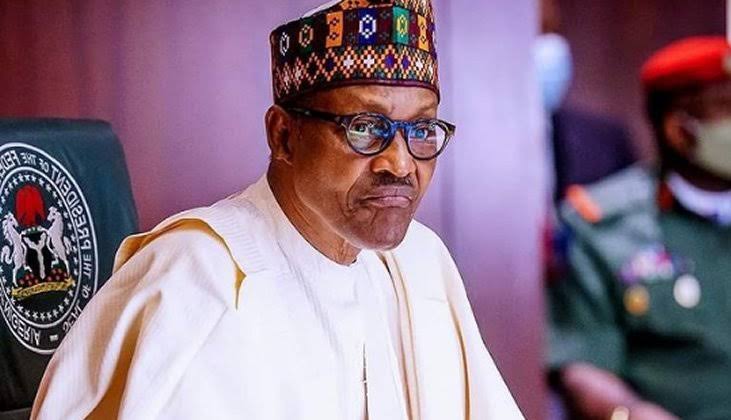Africa
When a Leader Falls: A Plea for Compassion Over Condemnation -By Hussaini Ahmed
As for the late President Muhammadu Buhari, may Allah forgive his shortcomings, multiply his good deeds, and admit him into Jannah al-Firdaus. May his soul find peace, and may his memory be a reminder that power is fleeting, but legacy endures.

The death of Nigeria’s former president, Muhammadu Buhari, has opened yet another chapter in our national discourse, not of reflection, but of bitterness, scorn, and blame. For some, his passing is an opportunity to revisit wounds they believe were never healed. For others, it is a moment to offer solemn prayers and let the past rest in peace. But what does this moment truly demand of us as a people?
Leadership, especially in a country as complex as Nigeria, is never straightforward. A president is not a magician; he cannot transform a nation overnight. He walks a tightrope, balancing countless interests, limitations, and expectations. Even with the purest of intentions, no leader can meet the desires of all. Some citizens may benefit fully, others partially, and unfortunately, some may feel entirely left out. That, as painful as it is, is the harsh reality of governance, one that is often shaped by forces beyond any single man’s control.
President Muhammadu Buhari, in his speeches and interviews after leaving office, repeatedly asked Nigerians to forgive him for whatever he may have done wrong during his time in power. That humility was often overlooked. And now, with his death, one might expect that the chapter would close with grace. But for many, it has opened a window for more vitriol.
Social media and street corners are filled with comments not just criticizing the man’s legacy, but celebrating his death. “He’s gone to face his judgment,” some say gleefully. Others curse his memory, as if his death were a personal victory. But what kind of society rejoices at death? Are we not all bound by the same fate?
Let us remember that no human being is flawless. Mistakes are inevitable, especially in positions of great responsibility. Islam teaches that accountability is certain, but it also teaches mercy, forgiveness, and the power of prayer. The Prophet Muhammad (peace be upon him) said: “Whoever believes in Allah and the Last Day should speak good or remain silent.” This wisdom is especially important when speaking of the deceased, who can no longer defend themselves or correct their errors.
To those still angry, I understand. Your frustrations may be valid. But let us channel our pain into purpose, not into hatred. Let us build, not break. Let us remember that every word we speak against the dead echoes back into our own fate. For tomorrow, we too will lie lifeless, and only the prayers of others will stand between us and the mercy we so desperately need.
Dear Nigerians, I appeal to your hearts, let go of the bitterness. Forgive what you can. Pray for what you cannot understand. And most of all, remember: what you give, you will receive. If you extend mercy, mercy will find you. If you speak goodness, goodness will follow you.
As for the late President Muhammadu Buhari, may Allah forgive his shortcomings, multiply his good deeds, and admit him into Jannah al-Firdaus. May his soul find peace, and may his memory be a reminder that power is fleeting, but legacy endures.
Ameen.
Hussaini Ahmed
Kashim Shettima Academy, Kumshe
Maiduguri Borno State























